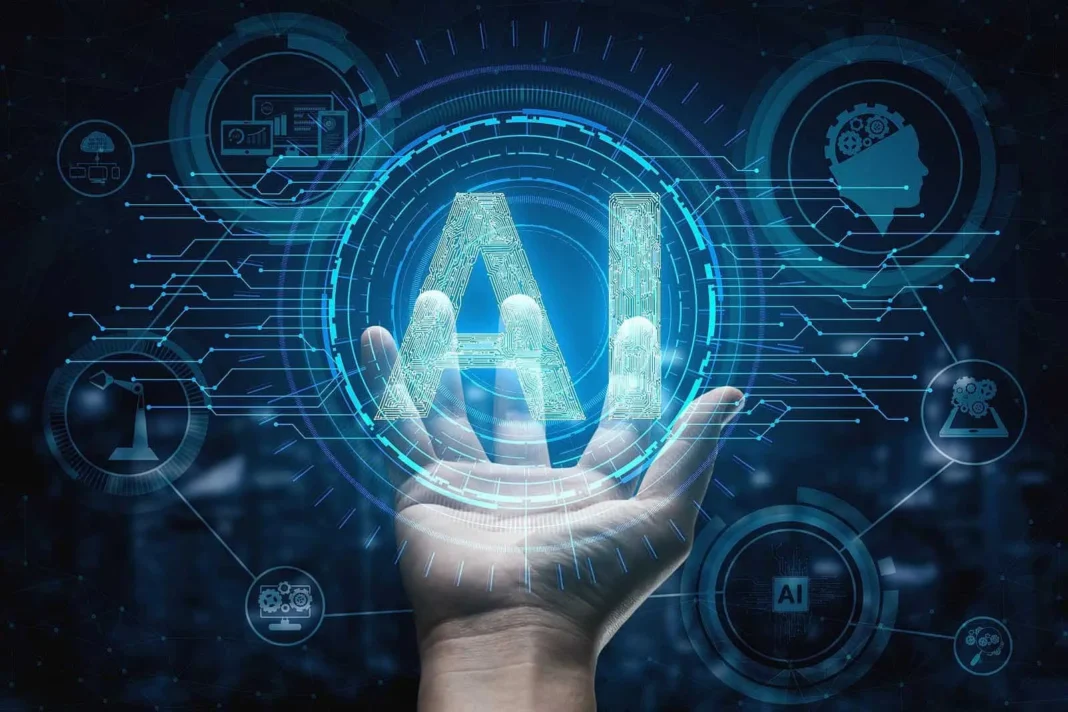How AI is Transforming Education: Opportunities & Challenges
Artificial Intelligence (AI) is no longer just a futuristic concept—it’s already reshaping our lives in ways we never imagined. AI enhances efficiency, reliability, and problem-solving capabilities from education and manufacturing and healthcare to communication and transportation. But while it creates new opportunities, it also brings challenges, such as job displacement, privacy concerns, and ethical dilemmas.
One of AI’s most profound impacts will be on education. AI-powered tools like ChatGPT are revolutionizing learning by providing personalized tutoring, instant access to information, and creative assistance in fields like programming, writing, and music. As AI advances, education systems must evolve to stay relevant.
The Shift from Memorization to Critical Thinking
Traditional education relies heavily on rote learning, where students memorize facts and regurgitate information. But with AI making knowledge instantly accessible, this approach is becoming outdated. The future of education will focus more on:
✅ Critical thinking and problem-solving
✅ Data analysis and creative application
✅ Interdisciplinary learning that blends science, technology, arts, and social sciences
Subjects like history, political science, and literature will shift toward more analytical and specialized branches such as archaeology, anthropology, and creative writing. Meanwhile, AI literacy, coding, and data science will become essential skills in every curriculum.
AI-Powered Personalized Learning
One of the biggest advantages of AI in education is personalization. AI can analyze a student’s learning style, strengths, and weaknesses to create a customized learning experience. This ensures that students learn at their own pace, maximizing their potential.
Additionally, AI will bridge the educational gap between urban and rural areas by providing quality digital learning resources, real-time language translation, and access to top educators worldwide.
The Evolving Role of Teachers
AI won’t replace teachers—but their role will change. Instead of just delivering knowledge, they will:
👩🏫 Guide students in critical thinking and ethical AI use
🤝 Focus on emotional intelligence and interpersonal skills
🔎 Help students navigate and analyze information effectively
Challenges & Ethical Concerns
While AI-driven education has many benefits, it also presents challenges:
⚠️ Digital inequality – Access to AI-powered tools must be widespread to prevent a knowledge gap between rich and poor communities.
⚠️ Over-reliance on technology – Students still need fundamental skills like reading, writing, and human interaction.
⚠️ Data privacy & security risks – AI tools must be designed with robust security measures to protect student data.
The Future of Education with AI
AI is not here to replace education but to enhance it. We can create a dynamic, inclusive, and future-ready education system by embracing AI and making necessary reforms. Governments, educators, and communities must work together to integrate AI responsibly and prepare students for the evolving world.
The key is not to fear AI but to use it wisely—turning challenges into opportunities and ensuring education remains a powerful tool for progress.
This article originally published at Indiatodayne




